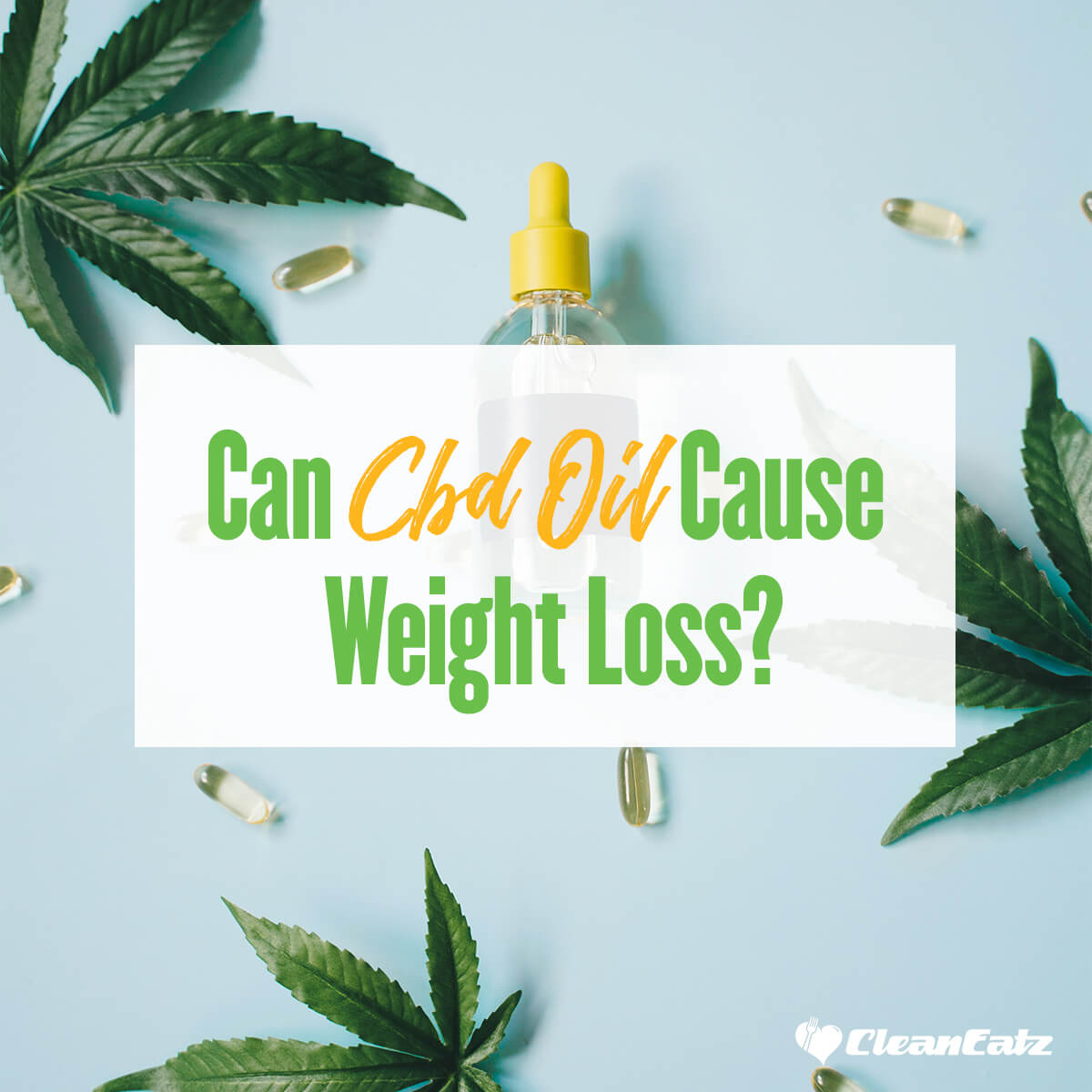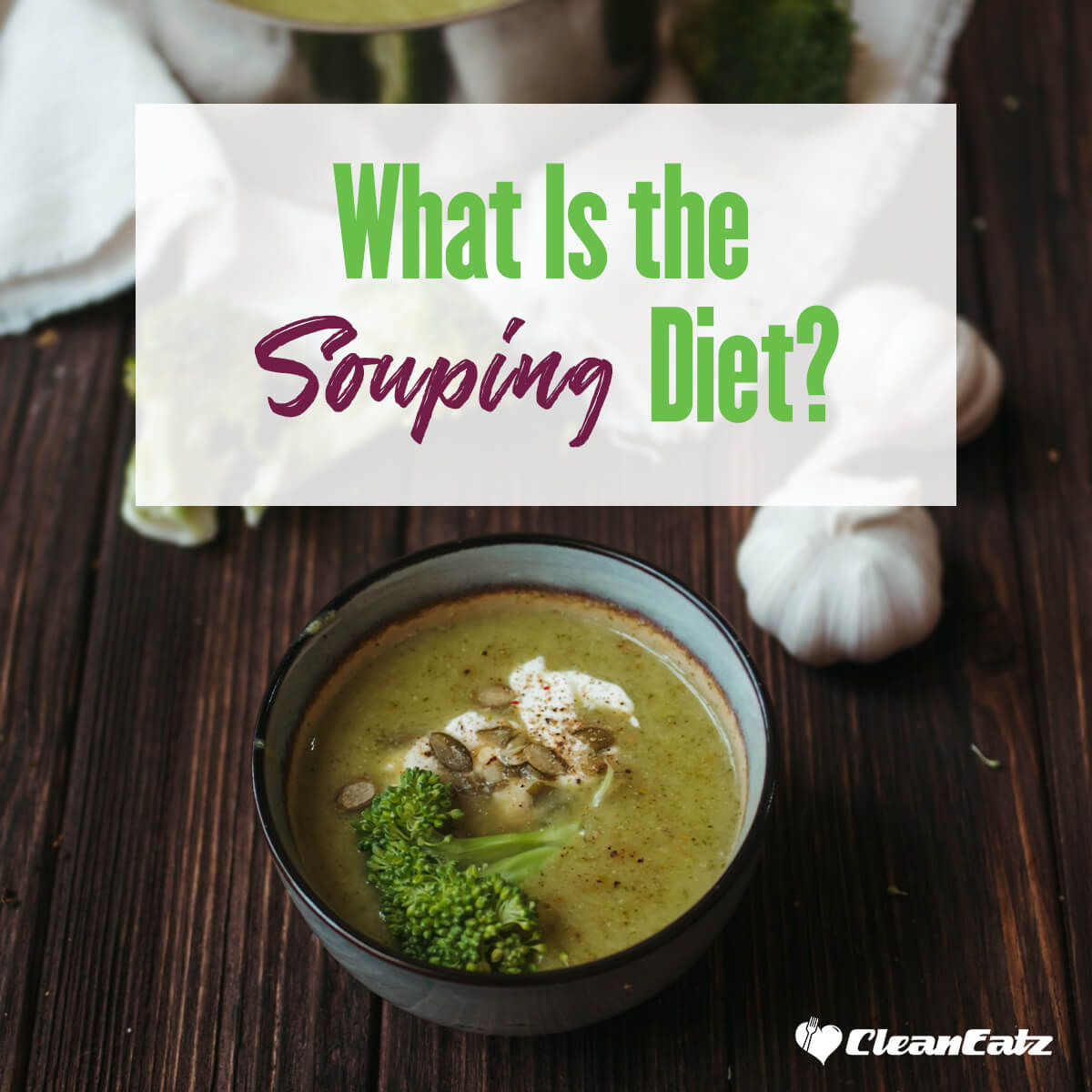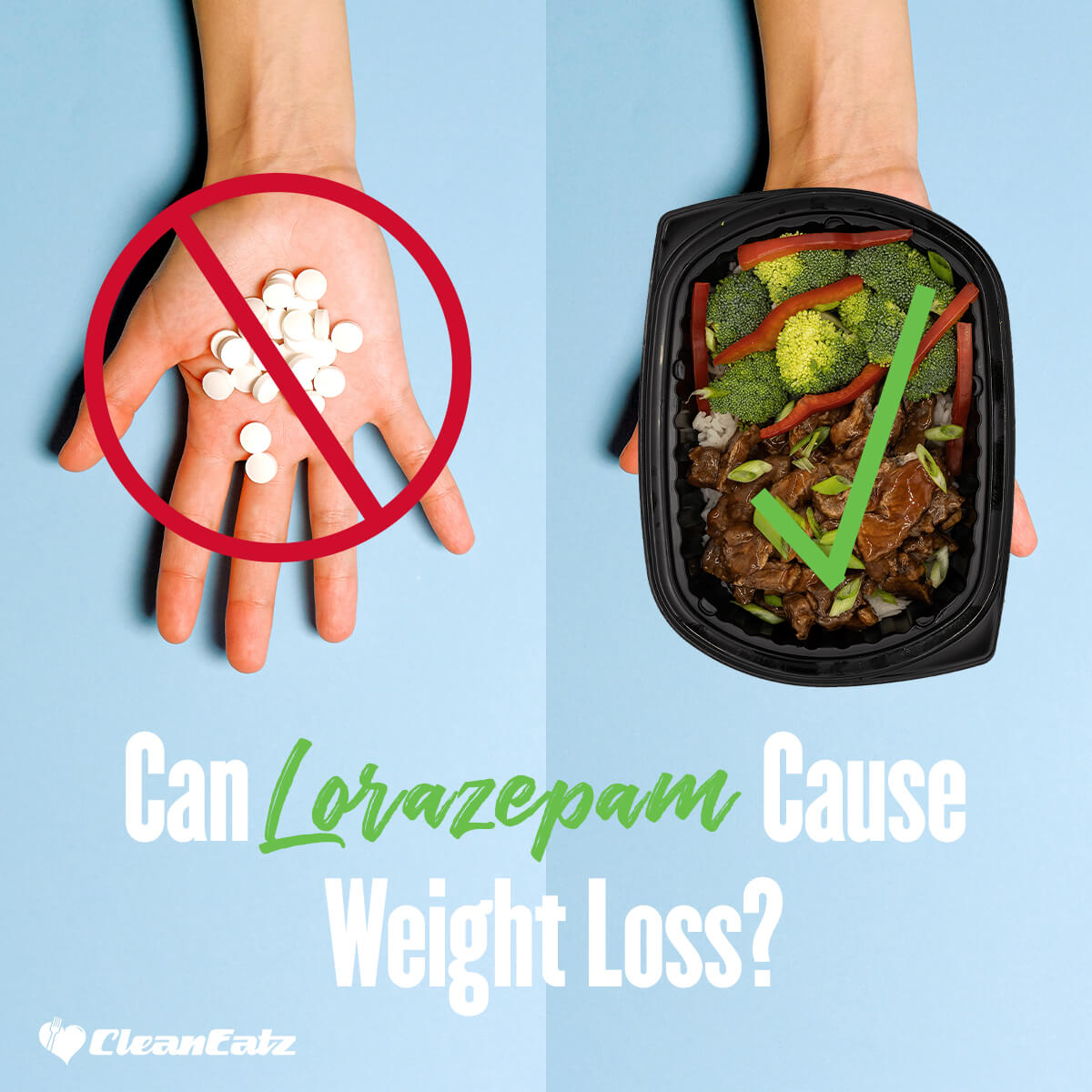
How Effective Can CBD Oil for Weight Loss Be?
Jason Nista
Nutrition
|
Weight Loss
11 minute read
Welcome to the exciting world of CBD oil! Derived from the hemp plant, cannabidiol (CBD) is a non-psychoactive compound that has taken the health and wellness industry by storm. With a plethora of potential health benefits ranging from alleviating anxiety to reducing inflammation, CBD oil has become a popular natural remedy for various ailments. But what if we told you that CBD oil for weight loss can also be real? Intrigued?
Let's dive in and explore these points:
- CBD Oil for Weight Loss
- CBD Oil Origin, Extraction, and Legalities
- CBD Oil's Role in Appetite Regulation
- CBD Effect on Metabolism
The Origin, Extraction, and Legalities of CBD Oil
As we peel back the layers of CBD oil, let's start with the basics. CBD, or cannabidiol, is a naturally occurring compound found in the Cannabis sativa plant. Unlike its famous cousin THC (tetrahydrocannabinol), CBD is non-psychoactive, meaning it won't give you that "high" sensation. Instead, CBD offers a host of potential health benefits without the mind-altering effects. Derived mainly from the hemp variety of the cannabis plant, CBD oil contains only trace amounts of THC, making it an appealing option for those seeking wellness without the high.
Extraction Methods
Now that we've met CBD, it's time to unveil the magic behind its extraction. Several methods are used to extract CBD oil from the hemp plant, each with its pros and cons:
- CO2 Extraction: This method is considered the gold standard in the industry. By utilizing supercritical carbon dioxide (CO2) under high pressure and low temperature, this process efficiently extracts CBD while preserving its quality and purity.
- Ethanol Extraction: Another popular method, ethanol extraction involves soaking the hemp plant in high-grade ethanol to extract CBD. While cost-effective, it may sometimes result in a less refined final product.
- Olive Oil Extraction: For those who prefer a more natural and eco-friendly approach, an olive oil extraction is a viable option. This method involves heating the hemp plant with olive oil to release the CBD, resulting in a lower-concentration CBD oil.
Legal Status And Safety
With CBD oil's increasing popularity, it's essential to understand its legal status and safety. In the United States, the 2018 Farm Bill legalized the production and sale of hemp-derived CBD products containing no more than 0.3% THC. However, it's crucial to note that regulations vary by state, and some have more stringent rules. Always check your local laws before purchasing or using CBD oil.
As for safety, most studies suggest that CBD is well-tolerated with minimal side effects. However, it's crucial to consult a healthcare professional before incorporating CBD oil into your weight loss journey, especially if you're taking medications or have underlying health conditions. Rest assured, by doing your due diligence, you can safely explore CBD oil as a potential weight loss ally!
The Endocannabinoid System
Prepare to be amazed, because we're about to introduce you to your body's unsung hero: the endocannabinoid system (ECS). This complex cell-signaling system plays a critical role in regulating a wide range of physiological processes, including mood, memory, immune response, and - you guessed it - appetite and metabolism. With its fingers in so many pies, the ECS helps maintain the body's delicate balance, or homeostasis, ensuring that all systems are in harmony.
Cannabinoid Receptors (CB1 and CB2)
Now, let's meet the stars of the ECS show - the cannabinoid receptors CB1 and CB2. These receptors are found throughout the body and act as docking stations for both endocannabinoids (cannabinoids produced naturally by the body) and phytocannabinoids (cannabinoids derived from plants like CBD). CB1 receptors are mainly present in the brain and central nervous system, while CB2 receptors are more abundant in the immune system and peripheral tissues. Together, they form a dynamic duo that orchestrates the ECS's functions.
CBD Interaction With The Endocannabinoid System
With CBD taking center stage, you might be wondering how it fits into this fascinating system. Unlike THC, which binds directly to CB1 receptors, CBD takes a more subtle approach. Instead of binding to the receptors, CBD influences the ECS indirectly by increasing the levels of endocannabinoids like anandamide and interacting with various other receptors. This complex interplay may help regulate appetite, metabolism, and other factors that could contribute to weight loss. Stay tuned as we further explore CBD's role in this fascinating biological symphony!
CBD Oil's Role in Appetite Regulation
Let's dive into one of the most captivating aspects of CBD oil for weight loss: appetite regulation. While it's well-known that THC can stimulate appetite (cue the infamous "munchies"), CBD's influence on appetite is more nuanced. By interacting with the endocannabinoid system, CBD may help regulate the release of hunger-promoting hormones, such as ghrelin, and increase the sensitivity of leptin. This hormone signals when you're full. As a result, CBD could help you keep those cravings at bay, making it easier to stick to a healthy diet.
Comparison to THC (marijuana) And Its "Munchies" Effect
CBD and THC may be siblings in the cannabinoid family, but they have starkly different effects on appetite. THC binds directly to CB1 receptors, stimulating appetite and triggering the release of dopamine, which enhances the pleasure derived from food. This results in the well-known "munchies" effect. On the other hand, CBD takes an indirect approach, potentially curbing appetite by increasing leptin sensitivity and influencing the ECS to regulate hunger signals. So, while THC may have you raiding the pantry, CBD could help you stay on track with your weight loss goals!
Can CBD Oil Turn Up the Heat on Your Metabolism?
Metabolism plays a starring role in weight loss, determining how efficiently your body burns calories for energy. But can CBD oil give your metabolism a helping hand? By interacting with the endocannabinoid system, CBD may help regulate metabolic functions such as energy expenditure, fat oxidation, and the breakdown of carbohydrates. Additionally, CBD's potential anti-inflammatory properties could indirectly support a healthy metabolism by reducing inflammation, which has been linked to metabolic dysfunction.
To understand how CBD might influence metabolism, let's explore the world of adipose tissue. There are two types of fat in our bodies: white adipose tissue (WAT) and brown adipose tissue (BAT). While WAT stores excess calories as fat, BAT burns calories to generate heat. CBD's potential ability to stimulate the conversion of WAT to BAT, a process known as "browning," could be a game-changer in the weight loss arena. By increasing the amount of calorie-burning BAT, CBD may help your body become a more efficient fat-burning machine!
The CBD Weight Loss Puzzle
In today's fast-paced world, many people are seeking effective ways to shed those extra pounds and maintain a healthy lifestyle. As we explore the potential link between CBD oil and weight loss, we'll delve into the science behind this fascinating relationship. We'll investigate how CBD oil interacts with our body's endocannabinoid system, its potential impact on appetite and metabolism, and other factors that could contribute to weight loss.
So, can CBD oil cause weight loss? As we continue to unravel the intricate connection between CBD oil and weight loss, let's delve into the often-overlooked factors of sleep and stress. Poor sleep and chronic stress can wreak havoc on your weight loss efforts by disrupting hormonal balance, increasing cravings, and slowing down your metabolism. Enter CBD! With its potential to reduce anxiety and promote relaxation, CBD oil may help you catch those elusive Z's and keep stress at bay. By improving sleep quality and managing stress, CBD could indirectly support your weight loss journey.
The Potential Impact of CBD on Gut Health
A healthy gut is essential for overall well-being, and emerging research suggests that it may also play a crucial role in weight loss. So, where does CBD fit into the gut health equation? CBD may help maintain a healthy gut by reducing inflammation, promoting the growth of beneficial bacteria, and supporting a healthy gut-brain axis. By fostering a balanced gut microbiome, CBD oil could indirectly contribute to more efficient digestion, better nutrient absorption, and ultimately, weight loss.
The Link Between These Factors And Weight Loss
The connection between CBD, sleep, stress, and gut health paints a compelling picture of how this natural compound could support weight loss. By improving sleep quality, managing stress, and promoting a healthy gut, CBD may create a synergistic effect that boosts metabolism, reduces cravings, and helps maintain hormonal balance. While more research is needed to confirm these links, the exciting potential of CBD oil as a holistic weight loss aid is hard to ignore.
Your CBD Weight Loss Toolkit
Ready to give CBD oil a try in your weight loss journey? First, let's explore the different forms of CBD oil available to find the perfect fit for your needs:
- Tinctures: CBD oil tinctures are liquid extracts that can be taken sublingually (under the tongue) or mixed into food and beverages. They offer quick absorption, making them a popular choice for those seeking fast-acting relief.
- Capsules: For those who prefer a more familiar, discrete, and precise method, CBD oil capsules provide an easy-to-swallow option with consistent dosing.
- Edibles: CBD oil-infused gummies, chocolates, and other treats can be a fun and tasty way to incorporate CBD into your daily routine, but be mindful of portion sizes to avoid overindulging!
- Topicals: While CBD oil creams and balms may not directly contribute to weight loss, they can provide targeted relief for muscle aches and inflammation after workouts.
Recommended Dosage and Guidelines
When it comes to using CBD oil for weight loss, finding the right dosage is essential. As everyone's body is unique, it's recommended to start with a low dose (5-10 mg per day) and gradually increase until you achieve the desired effects. Always consult with a healthcare professional before starting a CBD regimen, especially if you're taking medications or have underlying health conditions. Remember, patience is key! It may take some time to find the perfect dosage and experience the full benefits of CBD oil.
Combining CBD Oil With a Healthy Lifestyle for Best Results
While CBD oil shows promise as a weight loss aid, it's crucial to remember that it's not a magic bullet. For best results, combine CBD oil with a balanced weight loss meal plan, regular exercise, and stress management techniques. By embracing a holistic approach to weight loss, you'll be well on your way to achieving your goals and enjoying a healthier, happier life. So, grab your favorite form of CBD oil, lace up those sneakers, and let's get started on your exciting weight loss journey!
Final Thoughts
The future of CBD oil for weight loss is undoubtedly exciting, and we eagerly await more research to uncover the full potential of this remarkable compound. As science continues to delve deeper into the world of CBD, we can anticipate new discoveries that will further enhance our understanding of how it can support a healthy lifestyle. Are you ready to take the first step on your CBD weight-loss journey? We encourage you to explore CBD oil as a potential weight loss aid and see how it can fit into your personalized plan.
FAQ
Why am I losing weight on CBD oil?
Weight loss with CBD oil may be attributed to its potential effects on appetite regulation, metabolism, sleep, stress management, and gut health. CBD oil may help regulate hunger signals, support a healthy metabolism by promoting the conversion of white adipose tissue (WAT) to brown adipose tissue (BAT), improve sleep quality, and reduce stress. All these factors combined may contribute to weight loss when using CBD oil. However, it is essential to remember that individual results may vary, and combining CBD oil with a healthy diet and exercise is crucial for optimal results.
Can CBD oil help to lose belly fat?
While there is no direct evidence to suggest that CBD oil specifically targets belly fat, its potential effects on metabolism, appetite regulation, and the browning of white adipose tissue may contribute to overall fat loss, which could include belly fat. It is important to maintain a healthy diet and engage in regular exercise to see the best results in losing belly fat.
What happens if I take CBD oil every day?
Taking CBD oil daily may provide a range of potential benefits, such as supporting overall wellness, reducing inflammation, and promoting relaxation. When used for weight loss, it may help regulate appetite and metabolism. However, it is essential to consult with a healthcare professional before starting any CBD regimen, especially if you are taking medications or have underlying health conditions. It may take some time to find the perfect dosage, and individual results may vary.
What is the negative effect of CBD oil?
CBD oil is generally considered safe and well-tolerated, but some individuals may experience side effects. These can include dry mouth, dizziness, drowsiness, diarrhea, and changes in appetite or weight. It is crucial to start with a low dose and gradually increase it to find the optimal dosage for your body. If you experience any adverse effects, discontinue use and consult your healthcare provider. Always choose high-quality, third-party-tested CBD products to ensure safety and efficacy.
Related Articles
Is Soup Good for Weight Loss? Key Points of Souping Diet
8 minute read
Can Lorazepam Cause Weight Loss?
8 minute read
What Is the Gwenyth Paltrow Diet?
8 minute read



